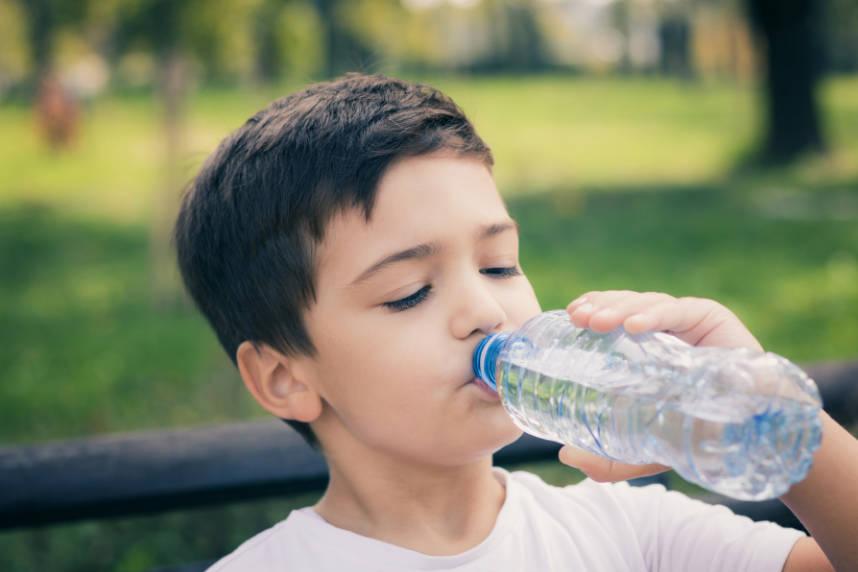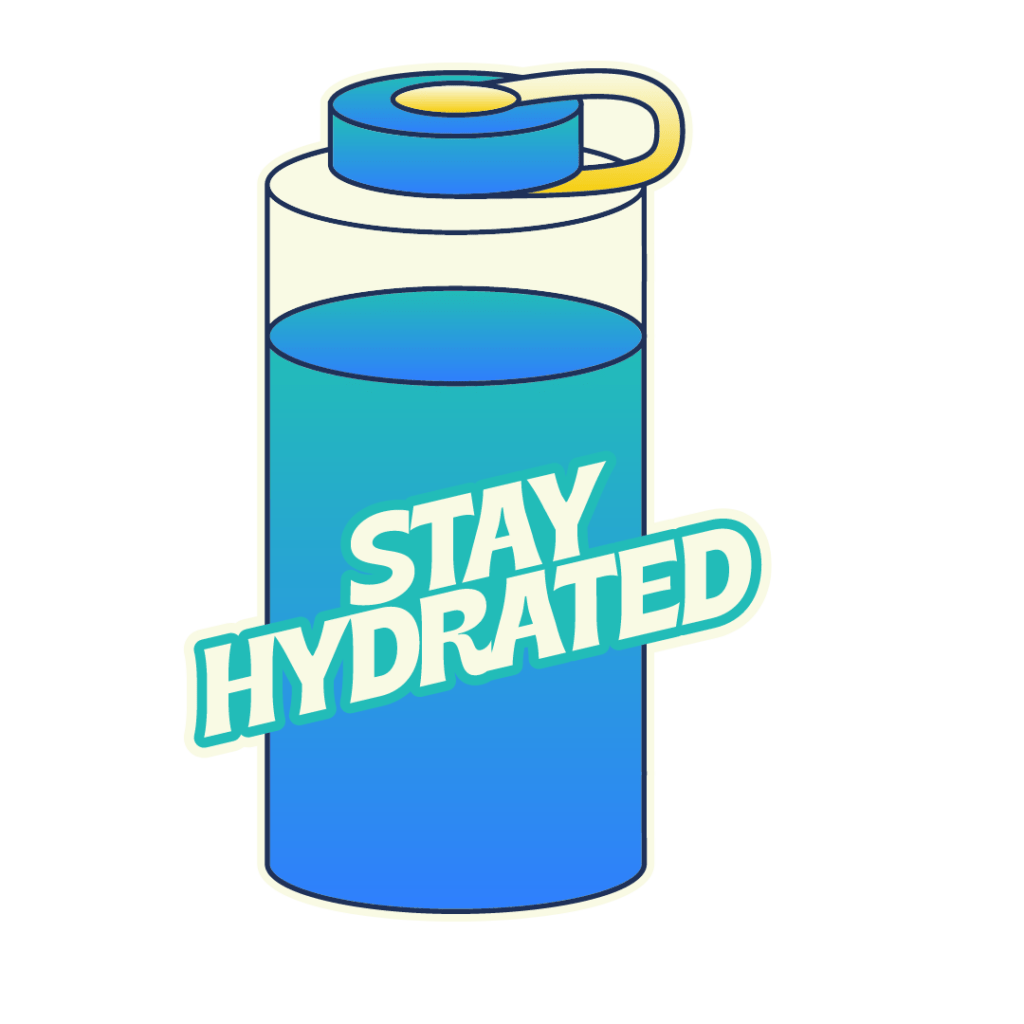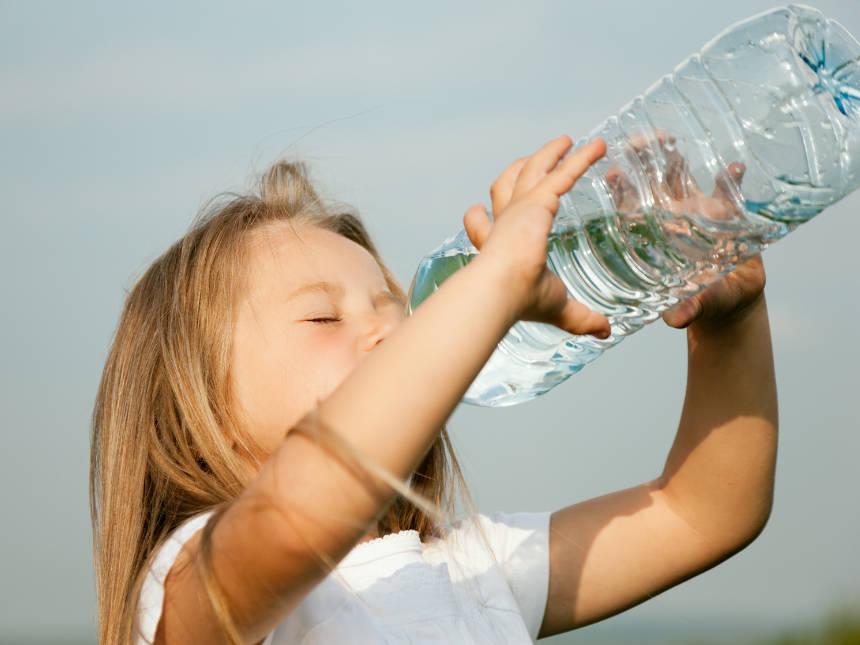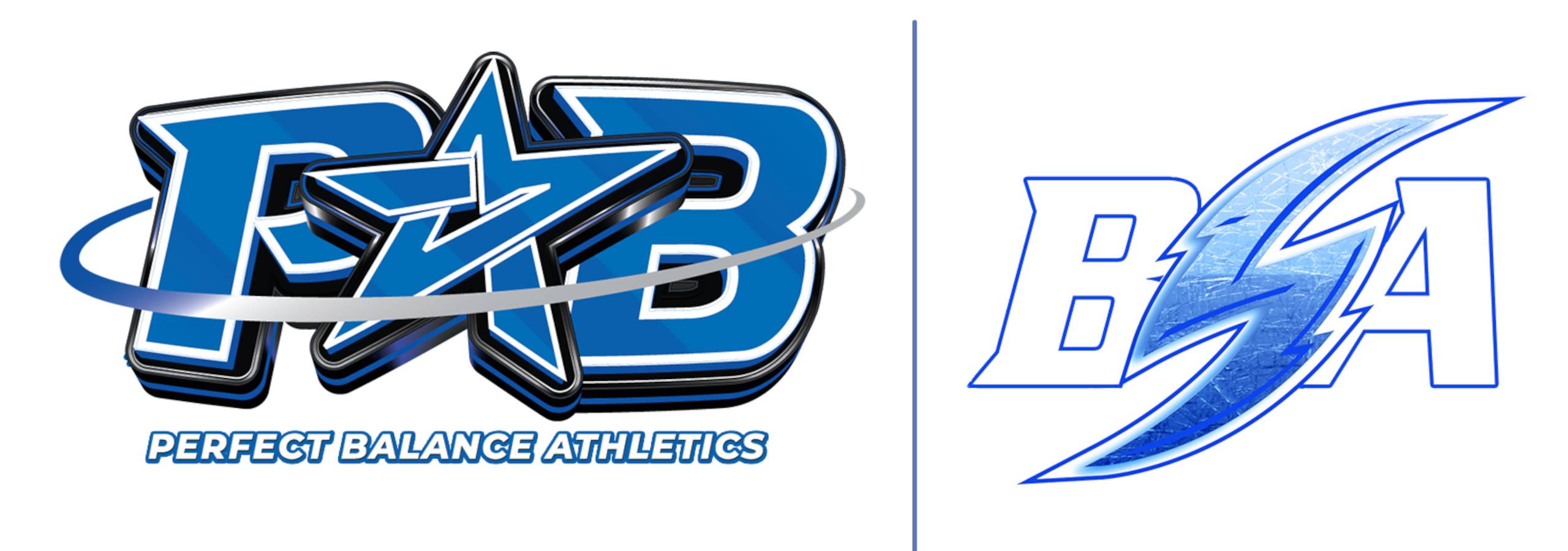
Youth sports offer countless benefits for kids, from physical fitness to building teamwork skills. But amidst the excitement of gymnastics, competitive cheer, and tumbling, there’s one crucial factor that often gets overlooked: hydration. Hydration plays a vital role in optimizing performance and maintaining the overall well-being of young athletes. In this blog post, we’ll explore the importance of hydration in kid’s sports and provide expert-backed tips to ensure your little champions stay hydrated for success!
The Power of Hydration
Hydration is more than just drinking water; it’s a game-changer for young athletes. Water makes up a significant portion of our bodies and is involved in various essential functions, including regulating body temperature, delivering oxygen to muscles, and maintaining joint lubrication. In the context of youth sports, proper hydration is crucial for optimizing performance and reducing the risk of dehydration-related issues.
Dehydration can lead to decreased physical performance, impaired cognitive function, and an increased risk of injuries. According to a study conducted by the American College of Sports Medicine, even mild dehydration can have a negative impact on athletic performance, including reduced endurance, strength, and coordination. This highlights the need for proactive hydration strategies in youth sports.
Hydration Tips for Young Athletes
To keep your young athletes at the top of their game, here are some expert-recommended hydration tips:
• Drink before, during, and aBer activity: Encourage your child to drink water before their sports session begins. This will help minimize running into hydration problems during activities. During physical activity, provide regular water breaks and remind them to
take sips frequently. ABer the activity, ensure they replenish fluids lost through sweat by drinking water or a sports drink with electrolytes.

• Monitor urine color: Urine color can be a good indicator of hydration status. Light- colored urine suggests proper hydration, while dark urine indicates dehydration. Teach your child to pay attention to the color of their urine and drink more water if it appears dark.
• Choose the right fluids: While water is the best choice for hydration, sports drinks can be beneficial during intense and prolonged activities, as they provide electrolytes that help maintain the body’s fluid balance. However, avoid sugary beverages and sodas, as they can contribute to dehydration.

Hydration Strategies for Specific Youth Sports
Different youth sports have varying hydration needs. Here are some sport-specific hydration strategies:
Gymnastics: In gymnastics, athletes engage in intense physical movements, making hydration crucial. Encourage your child to drink water before and aBer each routine or event. During training or competitions, provide small sips of water between rotations to maintain hydration without causing discomfort.
Competitive Cheer/All-Star Cheer: Cheerleading combines gymnastics, dance, and stunts, leading to increased exertion and sweating. Provide water breaks during practices and competitions, ensuring athletes drink enough to stay hydrated while not interfering with their performance and training. Consider using sports drinks during longer routines or hot weather to replenish electrolytes.
Tumbling: Tumbling requires explosive movements and exertion, making hydration essential for sustained performance. Encourage your child to drink water before, during, and aBer each tumbling session. Sports drinks can be useful for prolonged training sessions or in hot weather, but water should still be the primary fluid intake.
Hydration is a critical factor in the success and well-being of young athletes in many sports including gymnastics, competitive cheer, and tumbling. By understanding the power of hydration and implementing expert-backed strategies, you can ensure your little champions perform at their best while staying healthy and safe. Remember, hydration is not just an aBerthought; it’s an essential component of their athletic journey.
Expert Research: According to a study published in the Journal of Athletic Training, a loss of body weight equivalent to 2% or more due to dehydration can significantly impair performance in youth athletes. Furthermore, the American Academy of Pediatrics recommends that young athletes drink fluids every 20 minutes during physical activity to maintain hydration levels and prevent dehydration-related issues. The older the athlete, the longer they can go, but should always have opportunities to replenish and take sips.
